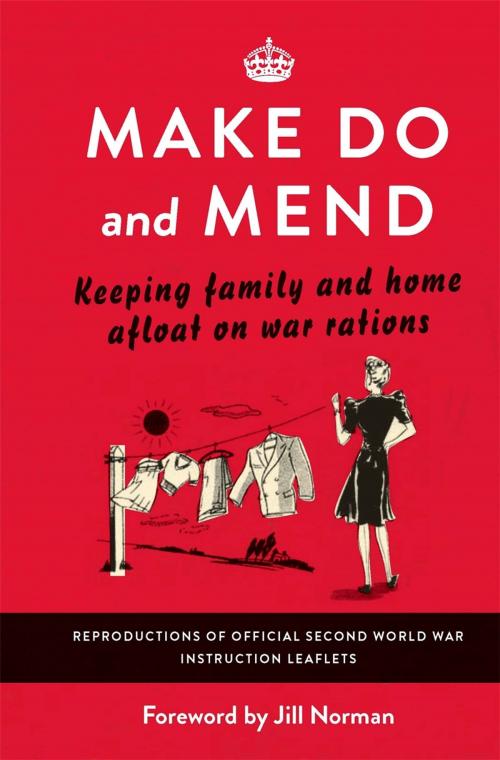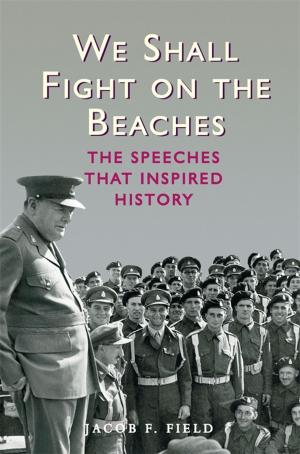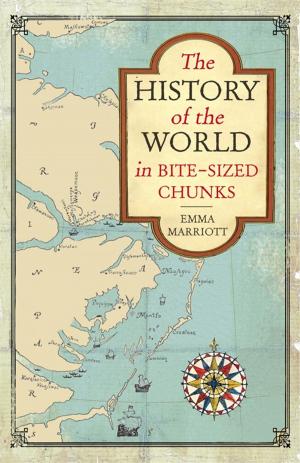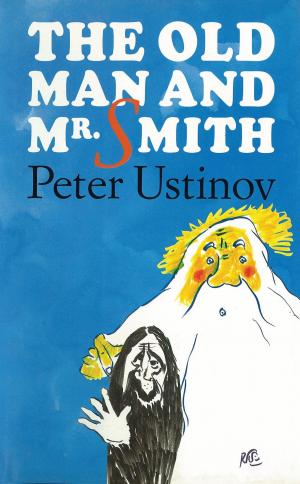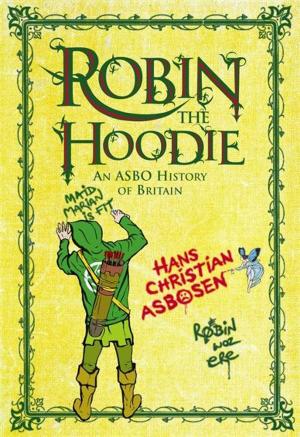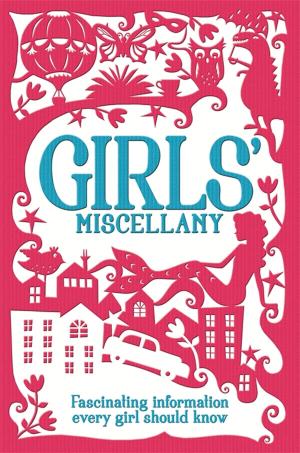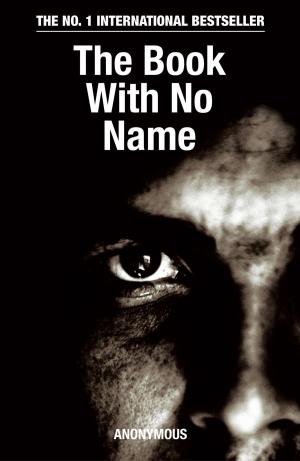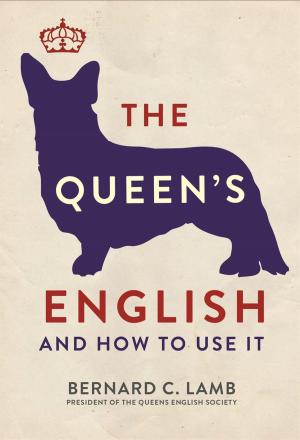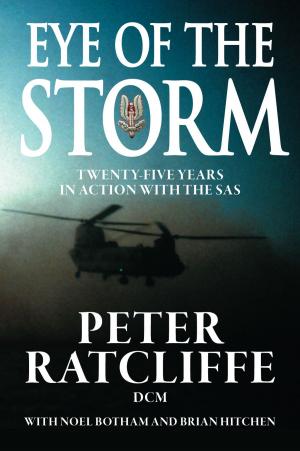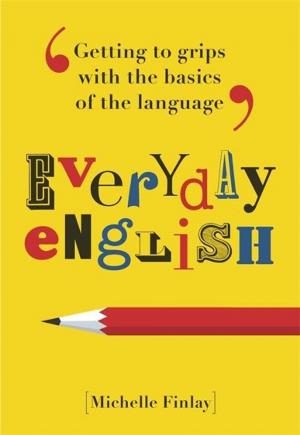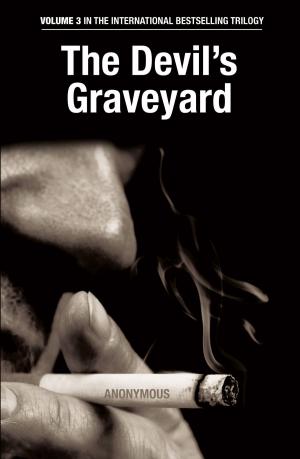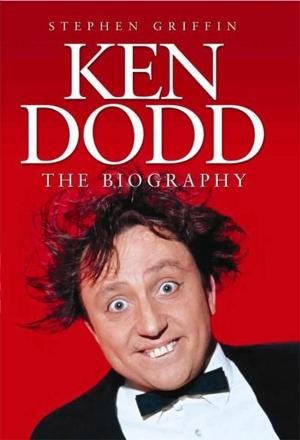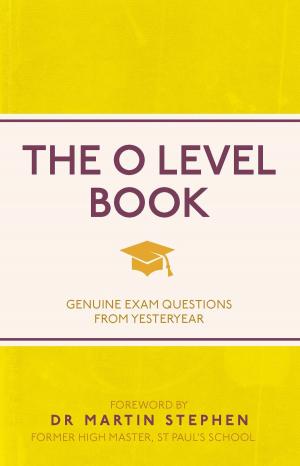Make Do and Mend
Keeping Family and Home Afloat on War Rations
Nonfiction, History, Military, World War II| Author: | Various | ISBN: | 9781782433033 |
| Publisher: | Michael O'Mara Books | Publication: | March 24, 2014 |
| Imprint: | Michael O'Mara Books | Language: | English |
| Author: | Various |
| ISBN: | 9781782433033 |
| Publisher: | Michael O'Mara Books |
| Publication: | March 24, 2014 |
| Imprint: | Michael O'Mara Books |
| Language: | English |
The rationing period during World War II was a difficult time, and yet it is remembered nostalgically as a time of unity and great sacrifice. Make Do and Mend focuses on clothes rationing, which was introduced in June 1940. With the nation's industrial output concentrated on the war effort, basic clothes were in short supply and high fashion was an unknown commodity. Adults were issued as little as 36 coupons a year to spend on clothes. But a man's suit could cost 22 coupons, a coat 16 and a lady's dress 11, so the need to recycle clothing and be inventive with other materials became a necessity. The government issued the leaflets included in Make Do and Mend to advise on how best to avoid wasting valuable resources by recycling curtains into dresses and old sheets into underwear; in short how to 'make do and mend' rather than buying new clothes. This e-book contains images of the original leaflets, in nostalgic forties illustration style.
The rationing period during World War II was a difficult time, and yet it is remembered nostalgically as a time of unity and great sacrifice. Make Do and Mend focuses on clothes rationing, which was introduced in June 1940. With the nation's industrial output concentrated on the war effort, basic clothes were in short supply and high fashion was an unknown commodity. Adults were issued as little as 36 coupons a year to spend on clothes. But a man's suit could cost 22 coupons, a coat 16 and a lady's dress 11, so the need to recycle clothing and be inventive with other materials became a necessity. The government issued the leaflets included in Make Do and Mend to advise on how best to avoid wasting valuable resources by recycling curtains into dresses and old sheets into underwear; in short how to 'make do and mend' rather than buying new clothes. This e-book contains images of the original leaflets, in nostalgic forties illustration style.
